- Tuesday, November 26, 2024
Covid enquiry hears that ethnic minorities were “appallingly neglected” and nothing has been done to fix it
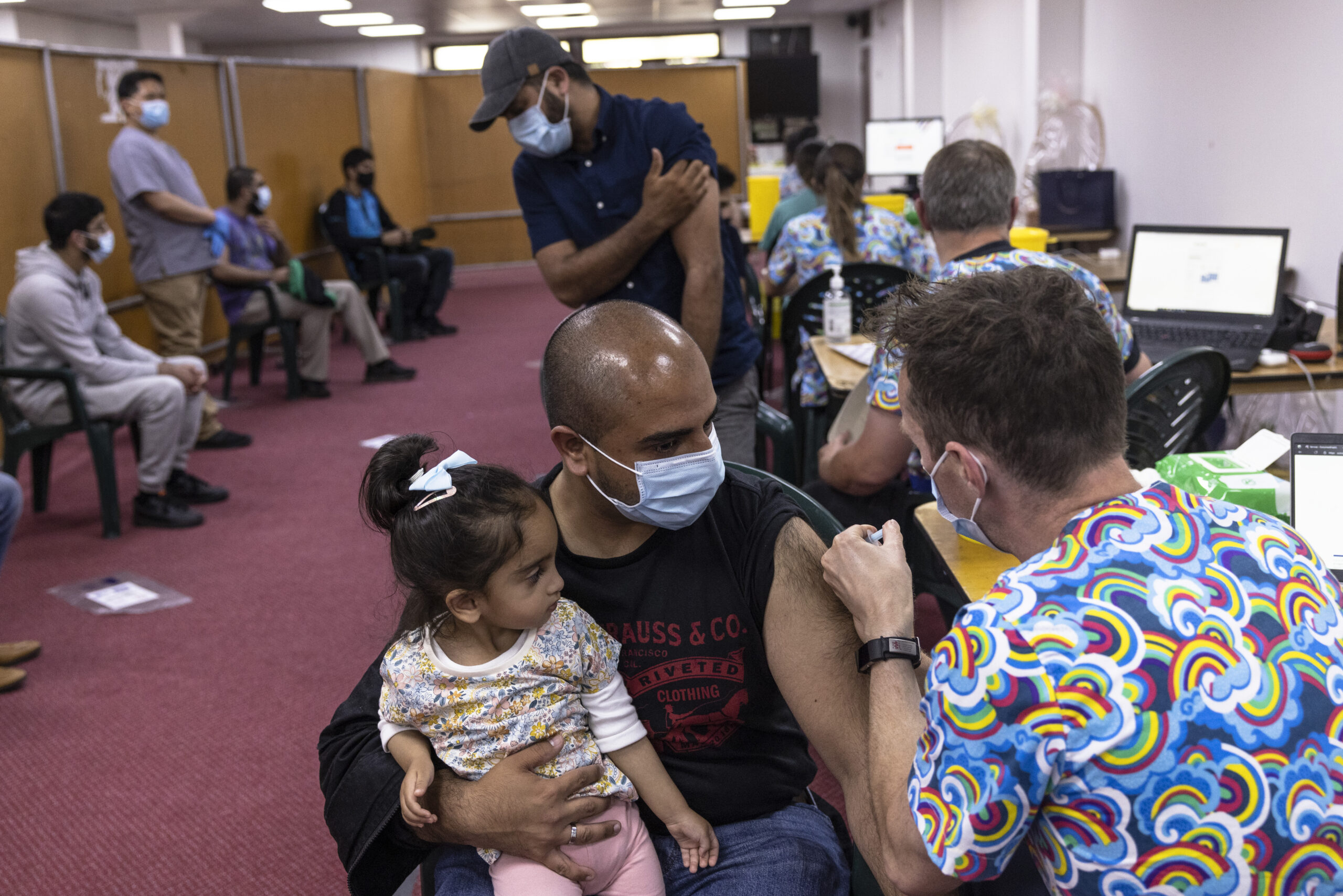
By: Barnie Choudhury
Nothing has been done to protect south Asian and black medical staff or patients, despite their disproportionate number of deaths during Covid, doctors have told Eastern Eye.
They have warned that if a pandemic were to happen tomorrow, more people of colour would die unnecessarily.
Medical experts have previously told the Covid inquiry, chaired by crossbench peer Baroness Heather Carol Hallett, that a future pandemic was “inevitable”.
One senior south Asian medic has called for politicians to be punished for ignoring warnings that ethnic minorities were in greater danger but refused to act.
Another urged the Covid inquiry to enforce “immediate changes” to protect minority groups.
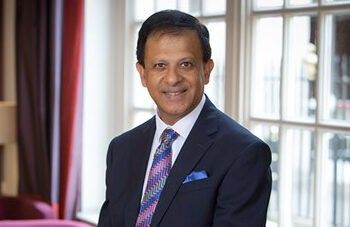
“I’m using pure logic,” said Dr Chaand Nagpaul, who was the chair of the doctors’ union, the British Medical Association, throughout the crisis.
“If you haven’t addressed the root causes that led to the shocking disparities in death and illness facing ethnic minorities in the pandemic, should we have another pandemic, there’s every reason to believe we will see a repetition of an unequal impact of a virus on certain groups of people.
“Only last year, when we did a large-scale survey of doctors, we found that we have ethnic minority doctors who are in fear of challenging authority, afraid to speak out, or even talk about concerns in the workplace.
“They feel that if they did, they would somehow have detriments, and that’s what we saw during the pandemic.
“Then we had care workers, we had doctors, nurses, who didn’t challenge when they didn’t have equipment to protect them from the virus.
“Those are the sorts of real issues fundamental root causes that still apply today, as they did then.”
During Covid, Nagpaul wrote several times to NHS bosses and appeared before the all-party parliamentary group on Coronavirus.
He warned about the “slow pace at which the government was acting to safeguard” healthcare workers and communities of colour.
Disproportionate deaths
Eastern Eye broke story after story and was mentioned in parliament several times during the pandemic.
In May 2020, the government launched a Public Health England (PHE) inquiry into disproportionate deaths of ethnic minorities.
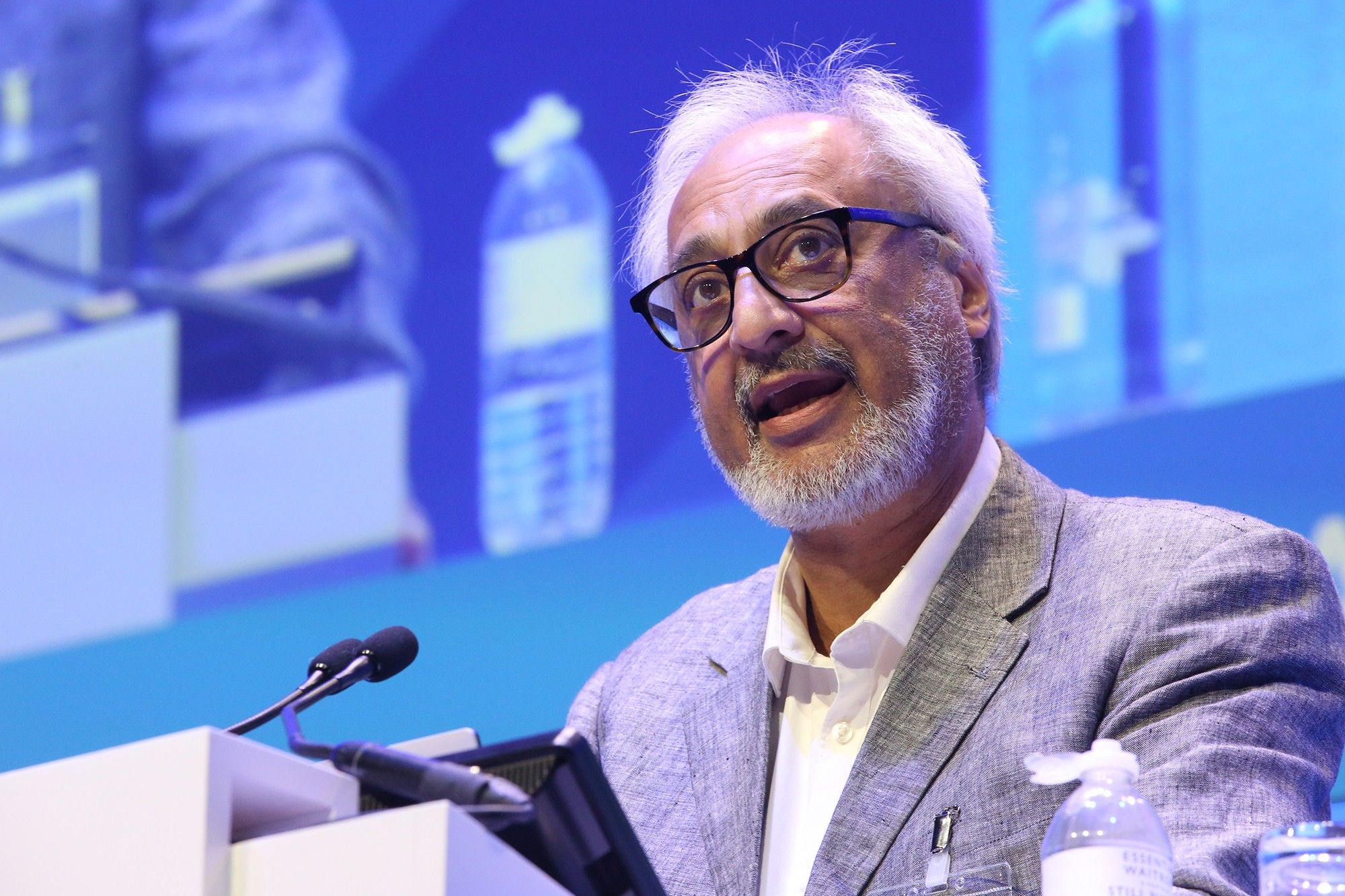
It delayed its finding, and it was only because someone leaked sections that parts of it were eventually published.
Even when it was printed, the report had no recommendations, Nagpaul told this newspaper.
“Finally, the government’s Public Health England review, which was the full review was only published again after a second leak.
“When the review came out, fully, what it highlighted is exactly what we’re saying.
“We’d been saying all along that there were factors around structural racial discrimination, factors around social deprivation, that were the root causes of the differential and unequal impact of Covid on ethnic minorities.
“We found that again tardiness [the government did] not to take any action.
“By September, the Department of Health produced its own report countering everything that Public Health England had said, and actually refused to even use words like racism.”
Last week (31 October), former Prime Minister Boris Johnson’s special adviser, Dominic Cummings, told the Covid inquiry that vulnerable minority groups and domestic abuse victims were “almost entirely appallingly neglected by the entire planning system”.
The British Association of Physicians of Indian Origin (BAPIO) warned the government in April 2020 that south Asian and black communities were in disproportionate danger when it came to contracting the virus.
It campaigned for better protective gear and risk assessments for frontline staff.
BAPIO has given written evidence to the inquiry, and its lead is Dr JS Bamrah, a senior consultant psychiatrist.
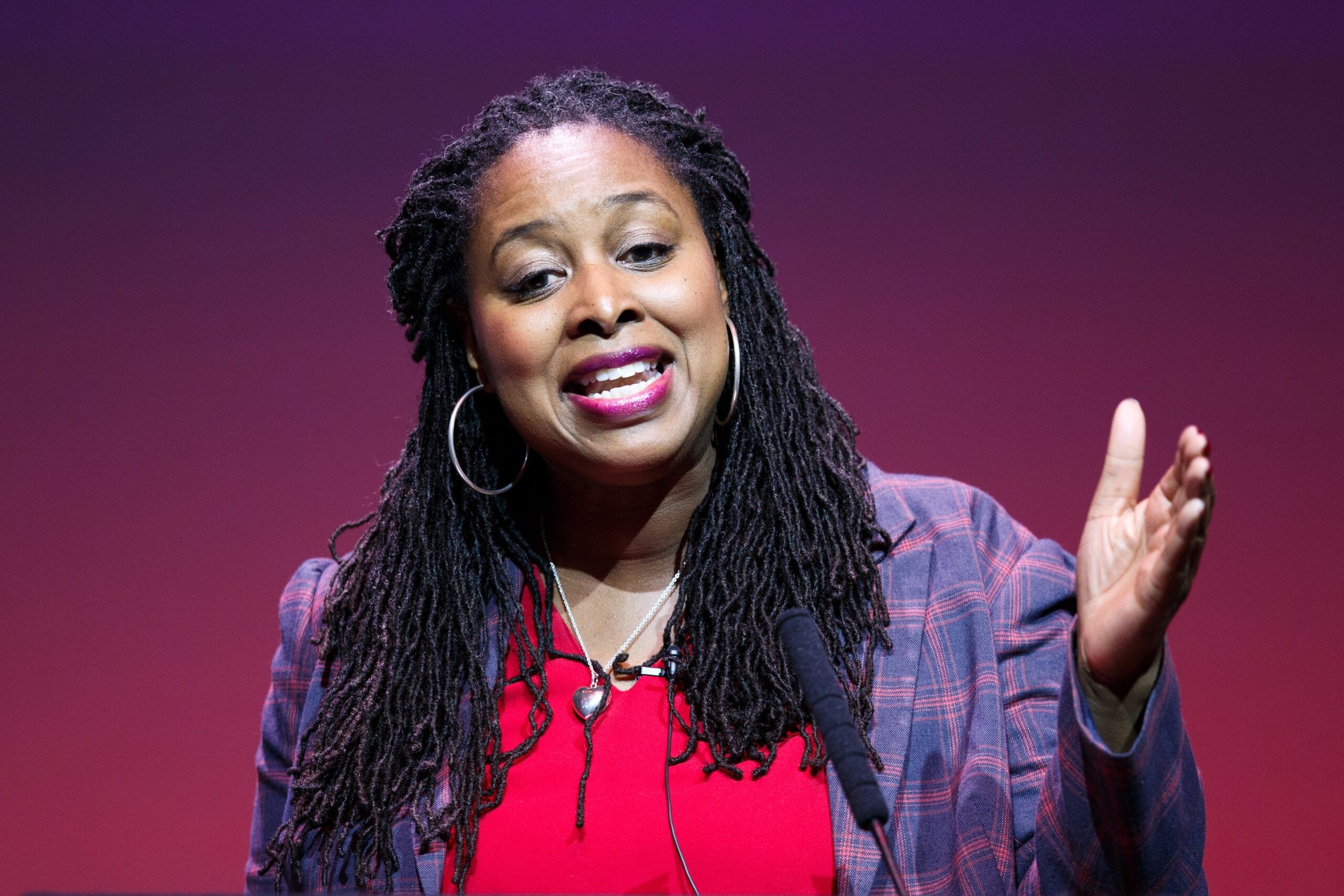
Speaking in his personal capacity, the former chair of BAPIO said politicians and civil servants found to be negligent by the inquiry must be held to account.
“If you’re a doctor, and you’re responsible for one unnecessary death, more likely it is that if you’re an ethnic doctor, you will be erased from the GMC register, never to practice again.
“There have to be sanctions on people who the inquiry finds have been wilfully ignoring all the signals.
“For politicians, it’s pretty straight forward – never to stand for a responsible post in government, never.”
The inquiry also heard last week that Johnson was “obsessed with older people accepting their fate and letting the young get on with life”.
Wilful neglect
Bamrah described the actions of the former prime minister and his health secretary, Matt Hancock, as “lamentable”.
“It could have been ignorance, but I think this was wilful neglect,” said the medic of 42 years.
“It was their duty to protect and to look after the population, they failed to do this.
“So, it’s shocking when you find out that this was the thinking behind their behaviour.
“You might suspect it, but once it comes out, as it has done in the health inquiry, it shakes your foundations, doesn’t it?
“The NHS has been built by ethnic people, had it not been for the contribution of BME [black minority ethnic] doctors and nurses who came from the Windrush generation, there’s been a lot of contribution that we’ve paid.
“This is just not acceptable – a doctor would be struck off for less than doing what the government have done.”
In June 2020, Labour’s Brent Central MP, called for and introduced a special parliamentary debate on Covid.[1]
“The publication of the first report on this issue [in Eastern Eye] stated that 17 doctors died, 16 of whom were BAME,” she told the Commons.
“Eastern Eye then reported that, since 2 June, when that report was published, another 18 doctors died after saving lives, 17 of whom were BAME.
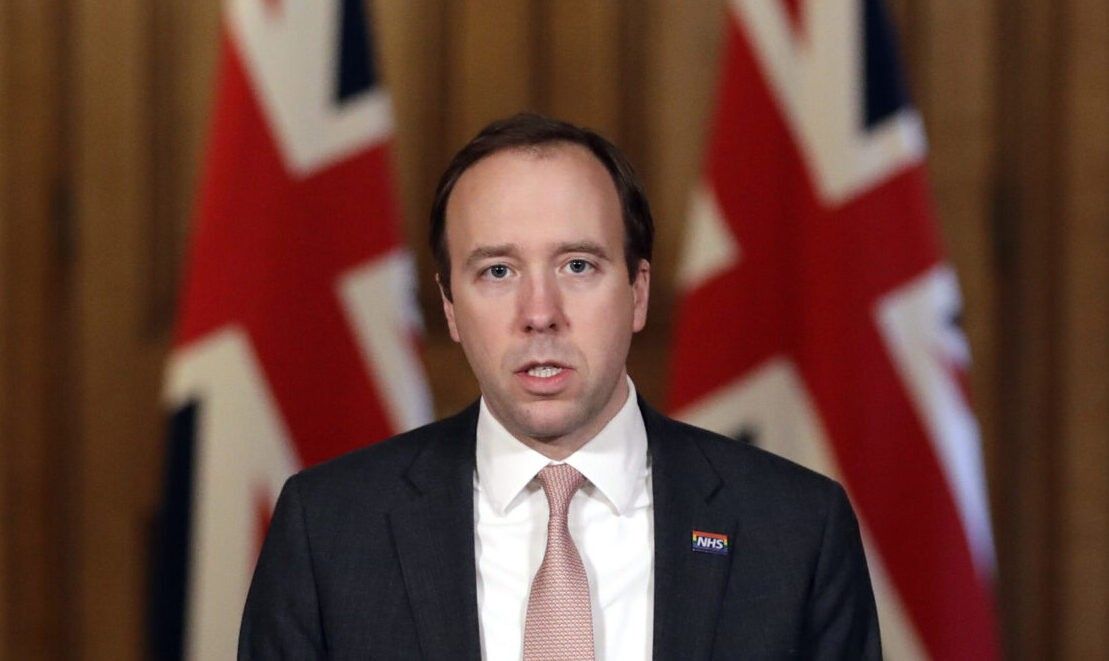
“We must be honest with ourselves and ask why that is.”
Today, Butler remains convinced that the inquiry must focus on racial disparities.
“The fact that this government is pursuing this fake culture war, trying to keep everybody asleep, instead of woke, ultimately makes it more dangerous for every single one of us in various aspects of our life.
“That’s why diversity is important, because if you had more people around the table, who understand how different people live their lives, then they would have put in different mitigating factors.
The MP likened the situation during the pandemic to those who watch football matches from the privilege of hospitality boxes which offer food and beverage, rather than the majority rank-and-file who experience soccer on the terraces.
“You’ve got people in that room that all have the same experience,” she argued, “it means the outcomes will not be as good or as varied.
“What diversity means is that you get different outcomes, you get challenged.
“When you’re having discussions, there’ll be how about this? How about that?
“There’s no variation in that outcome.”
Structural racism
Nagpaul told Eastern Eye that he did not see any “significant change” from systemic discrimination then and now.
“We saw those shocking disparities in the first wave in particular, and those root causes exist today, just as they did back in April 2020,” he said.
“So, we need to be open and be clear that those structural racial inequalities that led to these gross inequalities in health, and the toll it took on certain communities, they need to be addressed head on.
“We need to be very clear that there is structural racism in society.”
What he wants is action now rather than waiting for a post-inquiry report.
“We live in a society where people have to be accountable for their actions and face the consequences of their actions when you are holding a position of authority making decisions.
“But for me, the most important bit about this inquiry is to make sure that change occurs, not change in 10 years’ time, but actually immediate change occurs.
“What I think this inquiry needs to be is not some forensic retrospective look back per se, that’s important.
“But it’s vital that it has to be a force for change, it has to feel that what happened must never be repeated.
“What I’m not seeing at the moment, it’s unclear the demands for change and action.
“That in my view, should have already happened, but it may require the inquiry to force that to happen.”
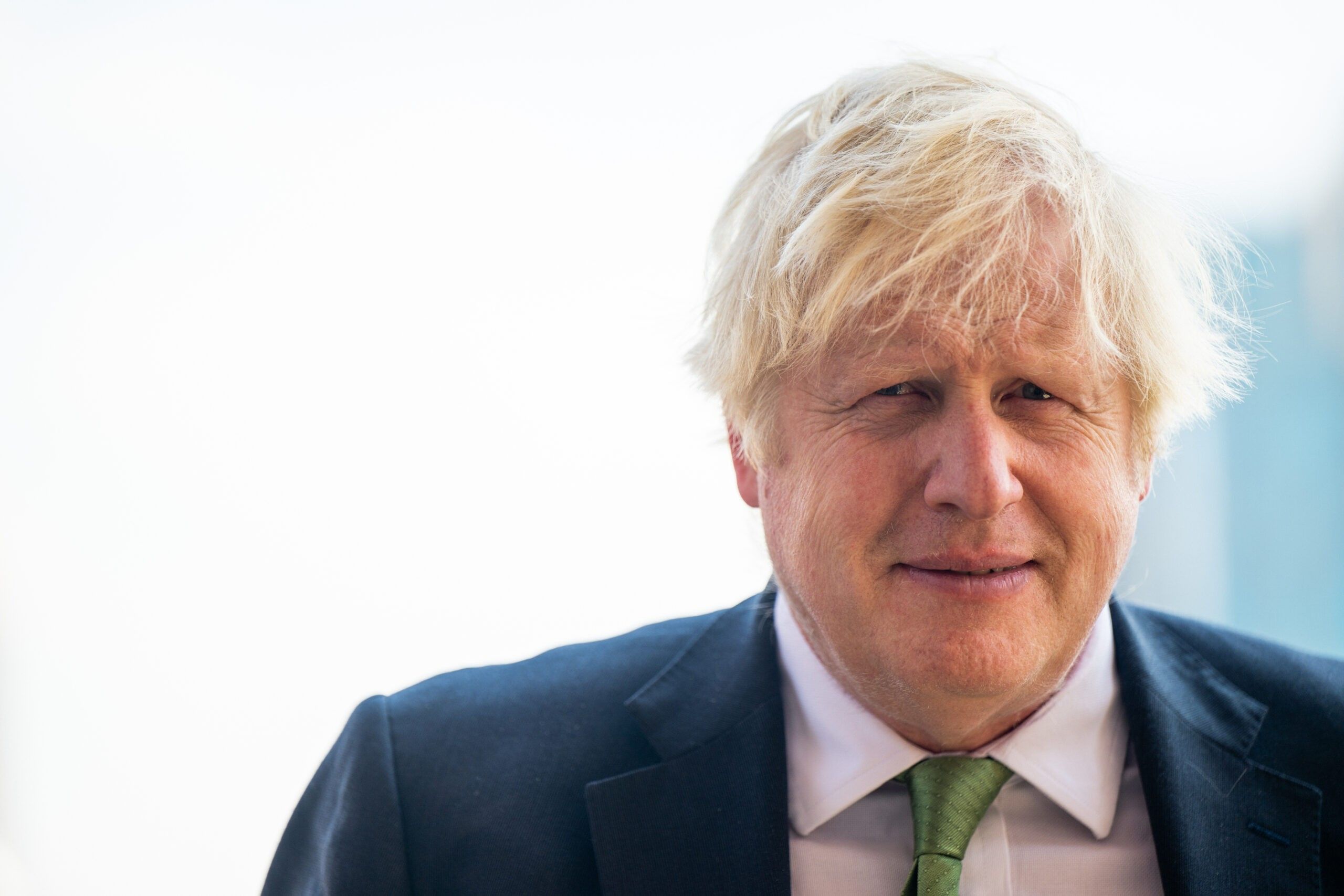
Several groups have provided evidence to the Covid inquiry about racial disparities, but Eastern Eye could not ascertain whether there will be a special section devoted to ethnic minorities.
A spokesperson for the Inquiry told this newspaper, “The independent UK Covid-19 inquiry is examining the UK’s preparedness and response to the Covid-19 pandemic.
“The chair, Baroness Hallett, will hear from expert groups with wide-ranging expertise to ensure she has the widest and most diverse evidence possible in making her recommendations.
“She has repeatedly stated her determination to ensure that all of the inquiry’s investigations will consider the unequal impacts of the pandemic.
“A number of expert witnesses have been instructed to outline the landscape of pre-existing inequalities experienced by a range of the population.
“We will continue to identify additional experts as the inquiry develops.”
For BAPIO, the conclusions are already clear – there was an immense lack of trust in the government and its handling of the pandemic.
“There was a financial imperative, over a health imperative that we don’t want to lock down businesses or even restrain businesses, we don’t want to affect the economy, not giving due consideration to the health of all of frontline workers, who were then falling like skittles,” Bamrah told Eastern Eye.
“It really beggars belief, why would any government not want to protect it?
“Covid just exposed this inherent discrimination that there was, Covid brought it out into the open.”
[1] https://hansard.parliament.uk/commons/2020-06-18/debates/75FB1500-FB1E-424B-8A76-7F6518DB34A8/Covid-19BAMECommunities